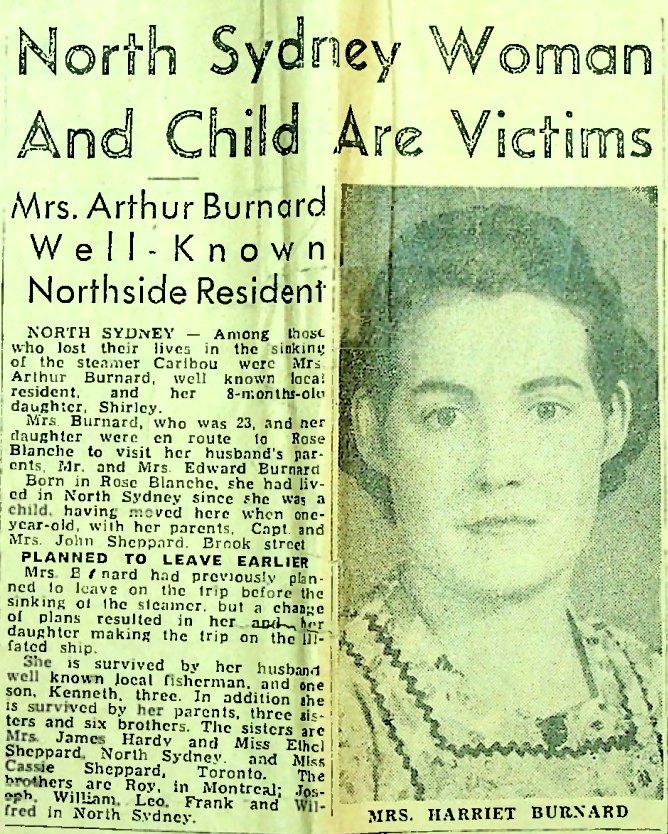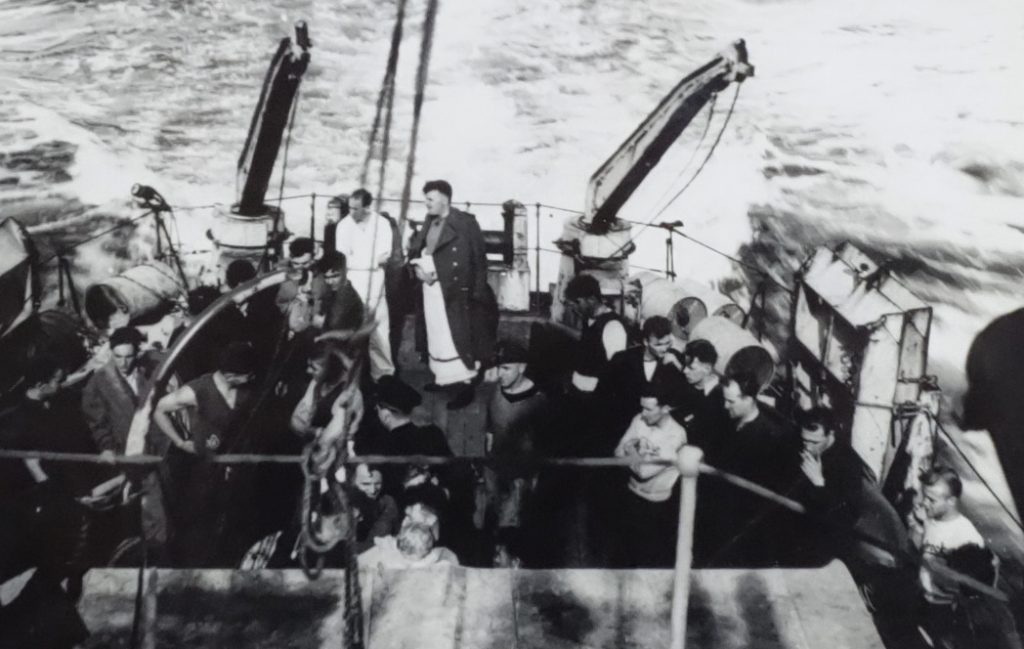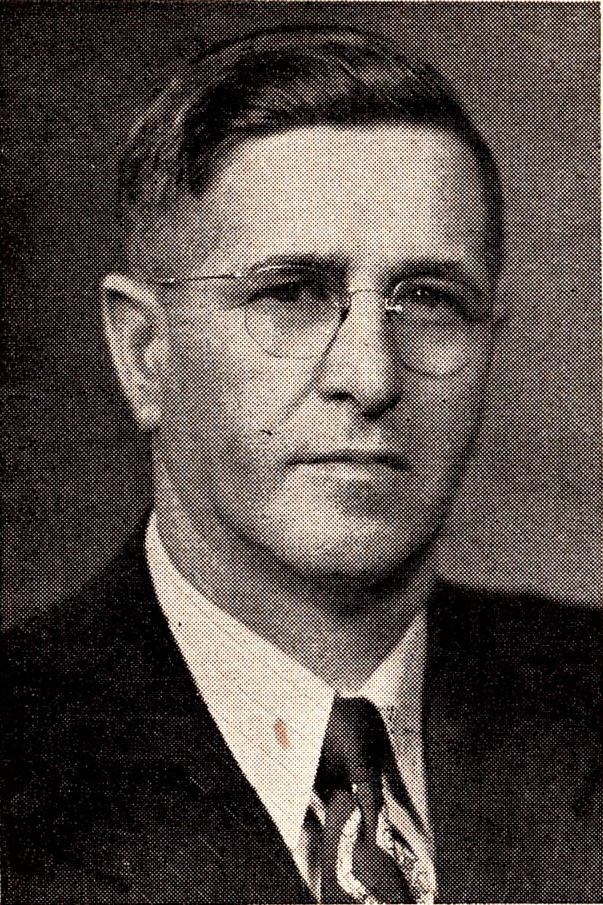Fate of the civilian passengers
Of the 74 civilians aboard the S.S. Caribou, 49 lost their lives. Many were from Newfoundland.
Bill Bryne fished on a Newfoundland schooner based in Lunenburg, Nova Scotia, where the fish plants paid cash. Earlier that year, he and his wife, Sarah, bought a house and moved it to Rencontre East. Eager to start renovations, Bill took the ferry home instead of sailing with his mates.
A week after the tragedy, Bill Bryne’s shipmates walked into Sarah’s house without him. Playing on the beach, the children heard their mother crying. Bill’s death caused financial hardships for his surviving family. His wife Sarah washed floors for 25 cents. His daughter Kathleen was sent to work as a domestic servant. Years later, the government clawed back Bill’s insurance compensation, because Sarah had collected welfare.
Blanche Short (née Kettle) left her three small sons at home, while she went to pick up new glasses in Sydney. Returning to Newfoundland, she shared a cabin with her second cousin, Myrtle Kettle, whose mother needed her back in Grand Bay. Both women perished on S.S. Caribou. Blanche’s father, Ernest, and stepmother, Anna Kettle, adopted her baby boy, Nelson. Her widower, Thomas Short, raised five-year-old Isaac and six-year-old Norman in a boarding house, because he worked long shifts for the Newfoundland Railway.
Furthermore, many civilian victims on board were affiliated with the military. Pearl Beswick and Helen Wightman were visiting their husbands stationed at the Torbay airport. Royal Newfoundland Naval Reservist John Tapper, his wife Hazel and their three children also perished in the sinking.
Businessman William Lundrigan was among the 25 civilians who survived the tragedy. He always believed that he escaped unscathed because he gave up his cabin below deck to women and children.




